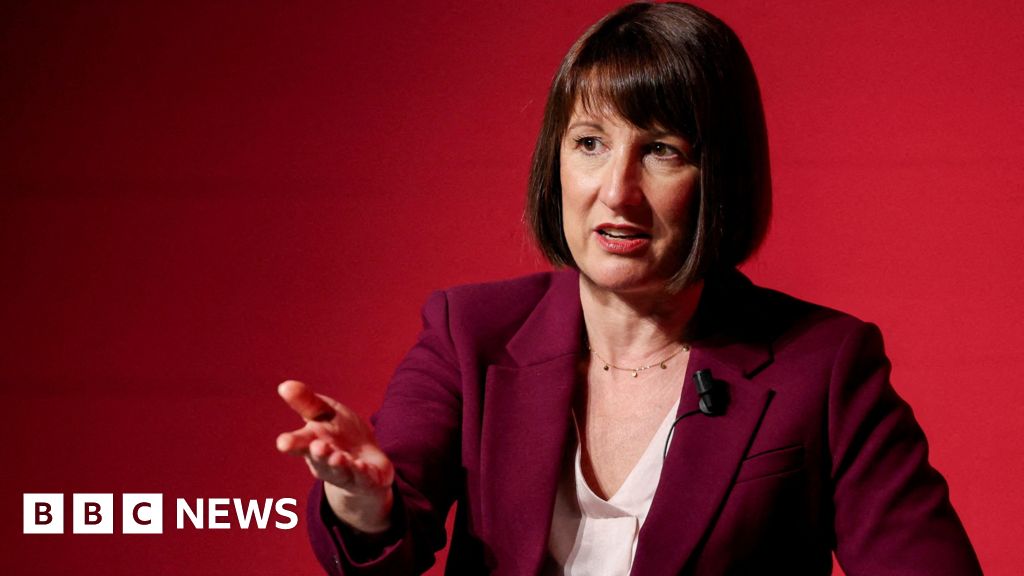World
Chancellor set to hike employers’ National Insurance at Budget

A government source said: “There is a universal consensus that the NHS needs more money.
“That means asking businesses to help out. The choice is investment versus decline.”
At a news conference at the Commonwealth Heads of Government Meeting in Samoa, Prime Minister Sir Keir Starmer refused to be drawn on the detail of Wednesday’s Budget.
But he said the government would take “tough decisions” with the aim of putting the NHS “back on its feet”.
National Insurance contributions are the UK’s second-largest revenue stream behind income tax. It is paid by workers and the self-employed on earnings and profits, and by employers on top of the wages they pay out.
Speculation has been growing about the tax rises Labour will announce in its first Budget in almost 15 years, with the chancellor claiming there is a £22bn “hole” in the public finances.
Other than National Insurance for employers, the freezing of income tax thresholds could be extended, meaning more people are “dragged” into paying tax, or higher rates of tax, as their wages rise and cross the unchanging thresholds.
The government is looking at increasing tax on asset sales, such as shares and property, and changes to inheritance tax.
Last week, Reeves signalled businesses would face an increase in National Insurance, when she said Labour’s election pledge not to increase contributions on “working people” related to the employee element, as opposed to the sum paid by employers.
The chancellor is understood to have decided on all major measures to be announced in Wednesday’s Budget and that the National Insurance rise has been earmarked for the NHS.
Any changes to the tax can be introduced quickly, within weeks of a Budget, through digitalised payroll systems, meaning revenues can also be generated at speed.
A two percentage point rise in National Insurance to take the employer rate to 15.8%, for example, would raise about £18bn a year according to published Treasury data.
However, with Reeves also expected to change the threshold businesses start paying the levy, such a figure would probably be higher.
The chancellor may face claims she is levying a tax on jobs, and breaking at least the spirit of the Labour manifesto. Sources however say she has resisted internal pressure to simply increase the amount employees pay in National Insurance, which was the party’s specific election promise.










